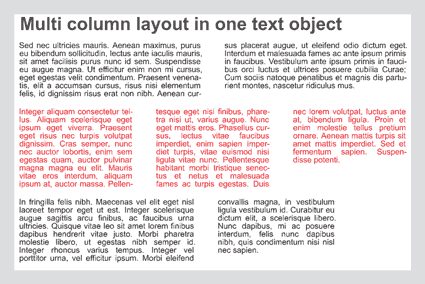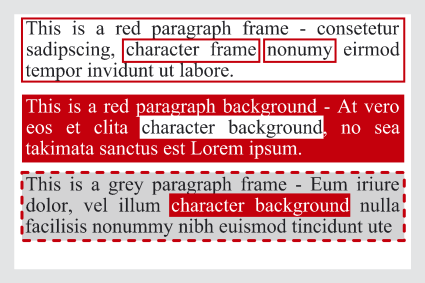A good user interface is an important criterion, but VIVAIMPOSE goes a step further with the imposition of complete forms: the inclusion of the company’s printing presses.
Effectively you always impose for a printing press; for only when you have the data of the press to hand can you decide whether an imposed signature can be printed on this particular press. Although this is actually a matter of course, VIVAIMPOSE is the only program that is able to calculate it.
A brief example explains the meaning of this information: You impose a signature that can be correctly printed on the required press. If the layout is now changed so that a bleed is applied to the pages, VivaImpose may under certain conditions warn you that this same signature can no longer be printed, because the bleed would run into the gripper edge of the press, although the pages themselves are still covered by the paper. These and other professional checks and controls are only and exclusively possible with VivaImpose.


